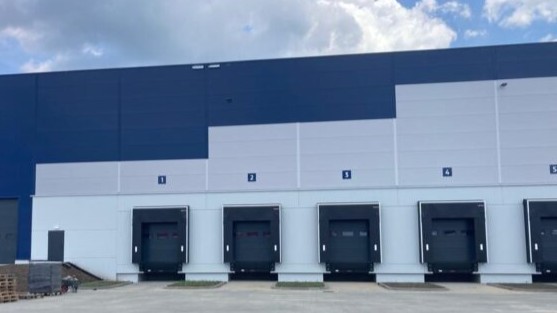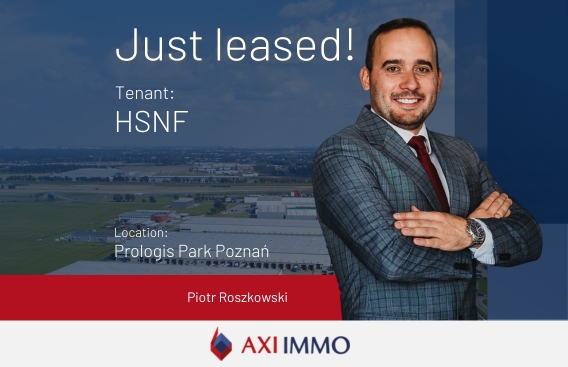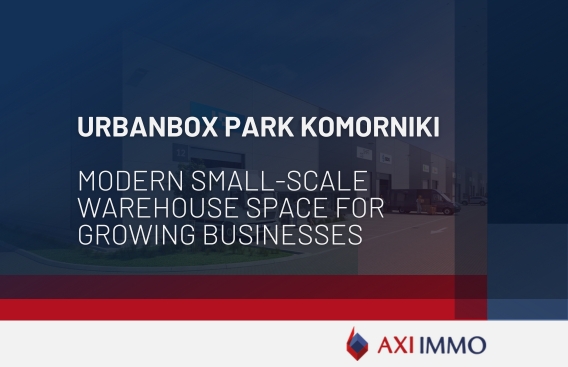Stable rental markets put Polish assets on top
How would you rate last year’s logistics market?

How would you rate last year’s logistics market?
2012 was a year of waiting. It wasn’t a year of dynamic growth, but the number of new transactions indicates the year was stable, with an upward trend. The market was dominated by build-to-suit projects, with speculative investments dominated by short-term, mostly 3-year leases. We’ve also seen a growing number of renegotiation agreements.
There were some bigger transactions in Q4 of 2012, which is usually a bit stronger, demonstrating that demand remains strong from the industrial tenants. Demand has even increased in the fourth quarter near Warsaw, including Błonie, where vacancy is usually much higher (as much as 15 percent).
The logistics operators are driving the market, but they’re also looking for savings?
They are, but they’re forced to do this by the market because their clients are also looking for savings. In fact, the entire supply chain is looking for the cheapest solutions. Rather than move to new projects, though, they usually look to add new components to their current locations. The search for large discounts is also behind the increasing length of time it takes to negotiate a deal. The owners of the logistics parks, who are mostly investment funds, are not willing to give them [discounts]. At the end of the day, the owners are winning, because rent prices have moved only slightly since the beginning of 2012.
How strong you expect the market will be affected by the economic slowdown?
We don’t expect this would have any direct impact on the market. There are a lot of factors indicating the sector will continue to perform. Retailers looking for savings will begin outsourcing their operations to logistic operators. This way, the end-user warehouses will be replaced by the logistic warehouses. This makes us confident about the market.
Source: CiJ Journal
Recent articles
23 June 2025
Panattoni Park Warsaw West Błonie near Warsaw, Poland, with a new warehouse for logistics operator
Panattoni Park Warsaw West - key location and modern warehouse spaces
23 June 2025
HSNF renews lease at Prologis Park Poznań I – Beauty sector tenant continues operations in Greater Poland
HSNF continues its logistics operations in Poland in Poznan region
25 May 2025
UrbanBox Park Komorniki – modern small-scale warehouse space for growing businesses, near Poznan, Western Poland
Urbanbox Park Komorniki warehouse complex with modules from 167 sq m. in a strategic location near Poznań.
15 May 2025
AXI IMMO market report: Poland’s Industrial & Logistics Market Q1 2025
AXI IMMO presents its latest market report "Polish Industrial and Logistics Market Q1 2025."



